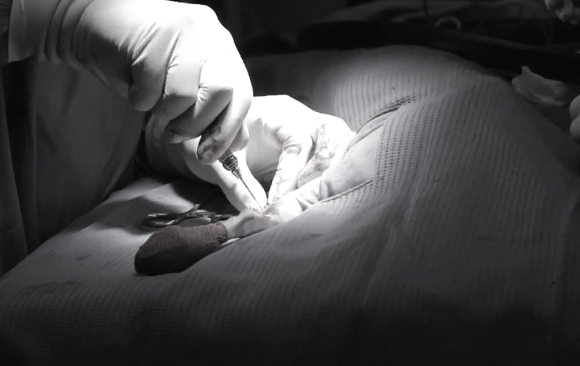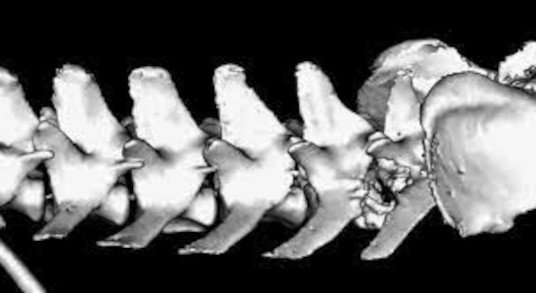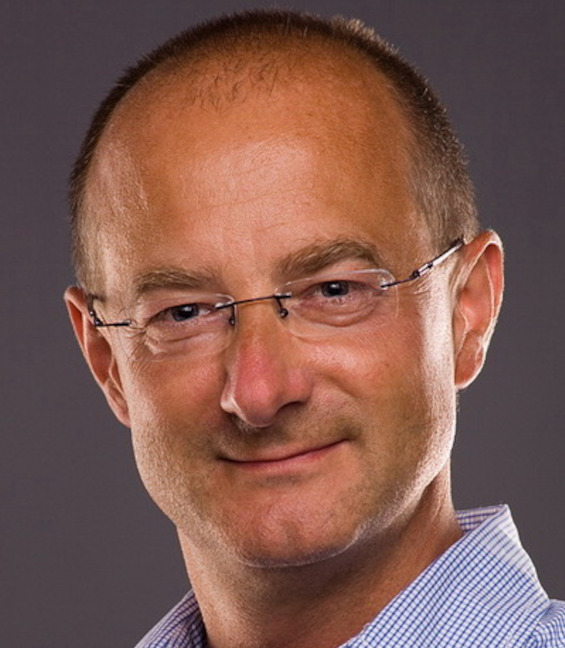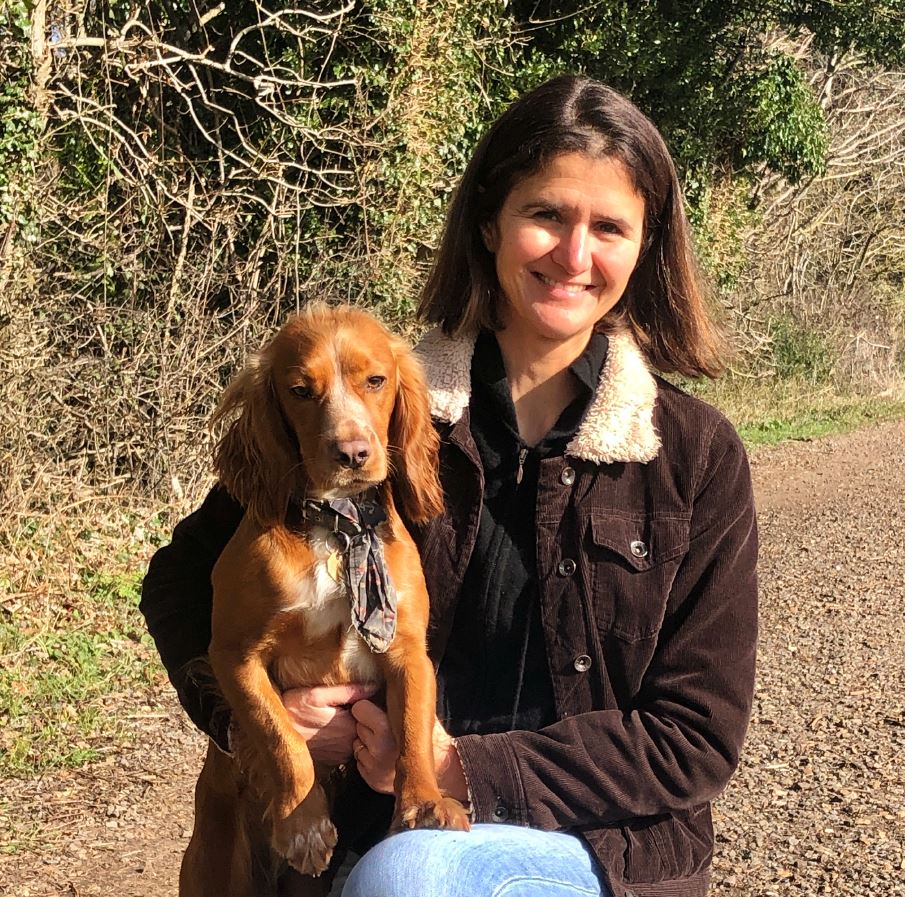
by tatkonasajt | Dec 22, 2023
After studying Veterinary Medicine at the Vet School Hannover and a short period in a private practice Dr. Neumann has started working at the Institute of Veterinary Medicine, University of Goettingen in 1992.
In 1996. he received the diploma as a national specialist for small animals and in 1998. for clinical pathology. In 2004. he received the certificate of the ECVCP. 2007. he finished his habilitation and since 2010. he is Professor at the University of Goettingen.
His scientific fields of interest are; orthopedic diseases, especially osteoarthritis; cytokine research of different disease mechanisms and development of biomarkers, gastroenterology, especially liver diseases.
Dr. Neumann is author of about 70 publications in international journals and he is lecturing at four faculties in the fields of small animal surgery, CT, general subjects and clinical pathology.
Dr. Neumann is active in continuing education and specialization in Lower Saxony and nationwide.
DAY 1
| Time |
Title |
| 09:00 – 10:30 |
Common causes of front and hind limb lameness Shoulder surgery (OCD, Biceps tenotomy, M. infraspinatus myotomy) |
| 10:30 – 11:00 |
Coffee break |
| 11:00 – 13:00 |
PRACTICAL WORK: Shoulder surgery (OCD, Biceps tenotomy, M. infraspinatus myotomy) |
| 13:00 – 14:00 |
Lunch break |
| 14:00 – 15:30 |
Elbow surgery (IPC resection, IPA resection, Ulna osteotomy) |
| 15:30 – 16:00 |
Coffee break |
| 16:00 – 17:30 |
PRACTICAL WORK: Elbow surgery (IPC resection, IPA resection, Ulna osteotomy) |
DAY 2
| Time |
Title |
| 09:00 – 10:30 |
Hip surgery (Symphysiodesis, Joint capsule suturing, Denervation, Femoral head and neck resection) |
| 10:30 – 11:00 |
Coffee break |
| 11:00 – 13:00 |
PRACTICAL WORK: Hip surgery (Symphysiodesis, Joint capsule suturing, Denervation, Femoral head and neck resection) |
| 13:00 – 14:00 |
Lunch break |
| 14:00 – 15:30 |
Stifle surgery (Ruptured cranial cruciate ligament, patella luxation) |
| 15:30 – 16:00 |
Coffee break |
| 16:00 – 17:30 |
PRACTICAL WORK: Stifle surgery (Ruptured cranial cruciate ligament, patella luxation) |

by tatkonasajt | Dec 22, 2023
Thomas Flegel (Germany)
Diplomate ACVIM (Neurology), Diplomate ECVN
(Neurology)
Veterinary Training
1986-1992 – Humboldt-University Berlin, Germany
Working Experience
1992-1998 – Working experience in large and small animal medicine in university (Freie University Berlin) as well as in private practice in Berlin
1998-1999 – Department of Companion Animals and Special Species College of Veterinary Medicine, North Carolina State University, USA, Internship in Veterinary Neurology
1999-2001 – Department of Veterinary Clinical Scienes, The Ohio State University, USA, Residency in neurology and neurosurgery
Since November 2002 – Department of Small Animal Medicine, University of Leipzig, Germany, Head of the section of neurology and neurosurgery
Veterinary and Academic Qualifications
1994 – Doctor medicinae veterinariae (summa cum laude)
2001 – Master of Veterinary Sciences (The Ohio State University, USA)
2003 – Diplomate American College of Veterinary Internal Medicine (Neurology)
2005 – Diplomate European College of Veterinary Neurology
2008 – European Specialist in Veterinary Neurology
2010 – Dr. med. vet. habilitatus (small animal surgery and small animal neurology)
since 2012 – President of the European College of Veterinary Neurology
DAY 1
| Time |
Title |
| 09:00 – 09:15 |
Welcome and Introduction |
| 09:15 – 09:45 |
Neurolocalisation spinal cord |
| 09:45 – 10:45 |
Talk: Thoracolumbar hemilaminectomy |
| 10:45 – 11:15 |
Coffee break |
| 11:15 – 11:45 |
Wetlab Demonstration: Thoracolumbar hemilaminectomy (done by Flegel) |
| 11:45 – 13:00 |
Wetlab: Thoracolumbar hemilaminectomy Part I (done by particpants) |
| 13:00 – 14:00 |
Lunch break |
| 14:00 – 15:45 |
Wetlab: Thoracolumbar hemilaminectomy Part II (done by participants) |
| 15:45 – 16:15 |
Coffee break |
| 16:15 – 17:00 |
Talk: Thoracolumbar partial lateral corpectomy |
DAY 2
| Time |
Title |
| 09:00 – 10:30 |
Neurolocalisation spinal cord based on videos |
| 10:30 – 11:00 |
Coffee break |
| 11:00 – 11:45 |
Talk: Cervical ventral slot |
| 11:45 – 12:15 |
Wetlab: Demonstration: Cervical ventral slot (Flegel) |
| 12:15 – 13:15 |
Lunch break |
| 13:15 – 15:30 |
Wetlab: Cervical ventral Slot Part I (done by participants) |
| 15:30 – 16:00 |
Coffee break |
| 16:00 – 17:00 |
Wetlab: Cervical ventral Slot Part II (done by participants) |

by tatkonasajt | Aug 14, 2023
This course combines practical and theoretical parts of head and neck soft tissue surgery. Most of the time will be spent in the wet lab performing surgeries but enough theory will be given so the candidate is able to make good decisions on when and how to do the surgeries but also how to manage complications. The course is suitable for all levels from beginners to advanced as there will be something to be gained by everyone. It is also designed to be flexible so people can practice at their own pace and concentrate on techniques that they would like to perfect. The tutors will be available to observe, and have direct involvement in teaching the procedures.
Learning objectives
- To have an understanding of anatomy of the head and neck and related surgeries
- To understand the application and when to select different surgical procedures of the head and neck
- To learn enough of the theory to enable decision making when deciding which surgeries to perform
- To have knowledge of the risks and complications of each procedure and how to reduce these.
Jackie Demetriou will be one of the course tutors. She is a European Boarded Specialist in Small Animal Surgery, who has practiced specialist level soft tissue surgery for the past 20 years. She has worked in both academia (University of Edinburgh, University of Cambridge and University of Nottingham) and private referral practice. She has extensive experience teaching general practitioners the theory and practice of surgery and really enjoys seeing how surgeons gain confidence in managing cases and performing surgeries after these CPD events.
Day 1
- Ear surgery
- Pinnectomy, biopsy
- Lateral wall resection
- Total ear canal ablation / bulla osteotomy
- Ventral bulla osteotomy (cat)
- Mandibulectomy – rostral and central
- Maxillectomy – rostral and central
- BOAS surgery
Day 2
- Nasal surgery
- Planectomy
- Dorsal rhinotomy
- Neck exploration
- Thyroidectomy
- Sialoadenectomy (mandibular)
- Laryngeal tie back
- tracheostomy

by tatkonasajt | Feb 8, 2023
This is a two-day practical course in small animal surgery. The course is designed to cover all major aspects of head and neck, abdominal and reconstructive surgery. Some elements of theory will be given to put the surgery into context, but most of the time will be spent practicing techniques on cadavers. The course is suitable for all levels from beginners to advanced as there will be something to be gained by everyone. It is also designed to be flexible so people can practice at their own pace and concentrate on techniques that they would like to perfect. The tutors will be available to observe and have direct involvement in teaching the procedures.
The learning objectives of the course are:
- An understanding of when we perform the techniques and the potential complications we could encounter
- A review of the associated anatomy of each technique
- The surgical approach to the head and neck and abdominal cavity
- Focus on an emergency orientated approach to these areas such as tracheostomy and GDV surgery
- Understanding an approach to wound closure from simple to more complex
Jackie Demetriou will be one of the course tutors. She is a European Boarded Specialist in Small Animal Surgery, who has practiced specialist level soft tissue surgery for the past 20 years. She has worked in both academia (University of Edinburgh, University of Cambridge and University of Nottingham) and private referral practice. She has extensive experience teaching general practitioners the theory and practice of surgery and really enjoys seeing how surgeons gain confidence in managing cases and performing surgeries after these CPD events.
Day 1 – Head, Neck and Skin reconstruction
- Short introduction to weekend events
- Revision of instruments, handling, suture patterns
- Head and neck surgery
- Nostril wedge resection (BOAS)
- If possible – staphylectomy
- Approach to the neck
- Tracheotomy
- Tracheostomy tube placement
- Thyroidectomy
- Parathyroidectomy
- Sialadenectomy
- Skin reconstruction – afternoon
- Undermining
- V to Y advancement
- Relaxing incisions – single / multiple
- Advancement flap
- Bipedicle advancement flap
- Transposition flap
- Caudal superficial epigastric flap
Day 2 – Abdominal surgery
Overview of an abdominal exploration and GI surgery
- Biopsy techniques – liver, GI, lymph node, kidney, pancreas
- Enterotomy
- Enterectomy
- Omentalisation and serosal patch
- Gastropexy – incisional, tube
- Cholecystectomy
- Cystotomy
- Nephrectomy

by tatkonasajt | Dec 15, 2022
This is a two-day practical course in small animal surgery. The course is designed to cover all major aspects of head and neck, abdominal and reconstructive surgery. Some elements of theory will be given to put the surgery into context, but most of the time will be spent practicing techniques on cadavers. The course is suitable for all levels from beginners to advanced as there will be something to be gained by everyone. It is also designed to be flexible so people can practice at their own pace and concentrate on techniques that they would like to perfect. The tutors will be available to observe and have direct involvement in teaching the procedures.
The learning objectives of the course are:
- An understanding of when we perform the techniques and the potential complications we could encounter
- A review of the associated anatomy of each technique
- The surgical approach to the head and neck and abdominal cavity
- Focus on an emergency orientated approach to these areas such as tracheostomy and GDV surgery
- Understanding an approach to wound closure from simple to more complex
Jackie Demetriou will be one of the course tutors. She is a European Boarded Specialist in Small Animal Surgery, who has practiced specialist level soft tissue surgery for the past 20 years. She has worked in both academia (University of Edinburgh, University of Cambridge and University of Nottingham) and private referral practice. She has extensive experience teaching general practitioners the theory and practice of surgery and really enjoys seeing how surgeons gain confidence in managing cases and performing surgeries after these CPD events.
Day 1 – Head, Neck and Skin reconstruction
- Short introduction to weekend events
- Revision of instruments, handling, suture patterns
- Head and neck surgery
- Nostril wedge resection (BOAS)
- If possible – staphylectomy
- Approach to the neck
- Tracheotomy
- Tracheostomy tube placement
- Thyroidectomy
- Parathyroidectomy
- Sialadenectomy
- Skin reconstruction – afternoon
- Undermining
- V to Y advancement
- Relaxing incisions – single / multiple
- Advancement flap
- Bipedicle advancement flap
- Transposition flap
- Caudal superficial epigastric flap
Day 2 – Abdominal surgery
Overview of an abdominal exploration and GI surgery
- Biopsy techniques – liver, GI, lymph node, kidney, pancreas
- Enterotomy
- Enterectomy
- Omentalisation and serosal patch
- Gastropexy – incisional, tube
- Cholecystectomy
- Cystotomy
- Nephrectomy





